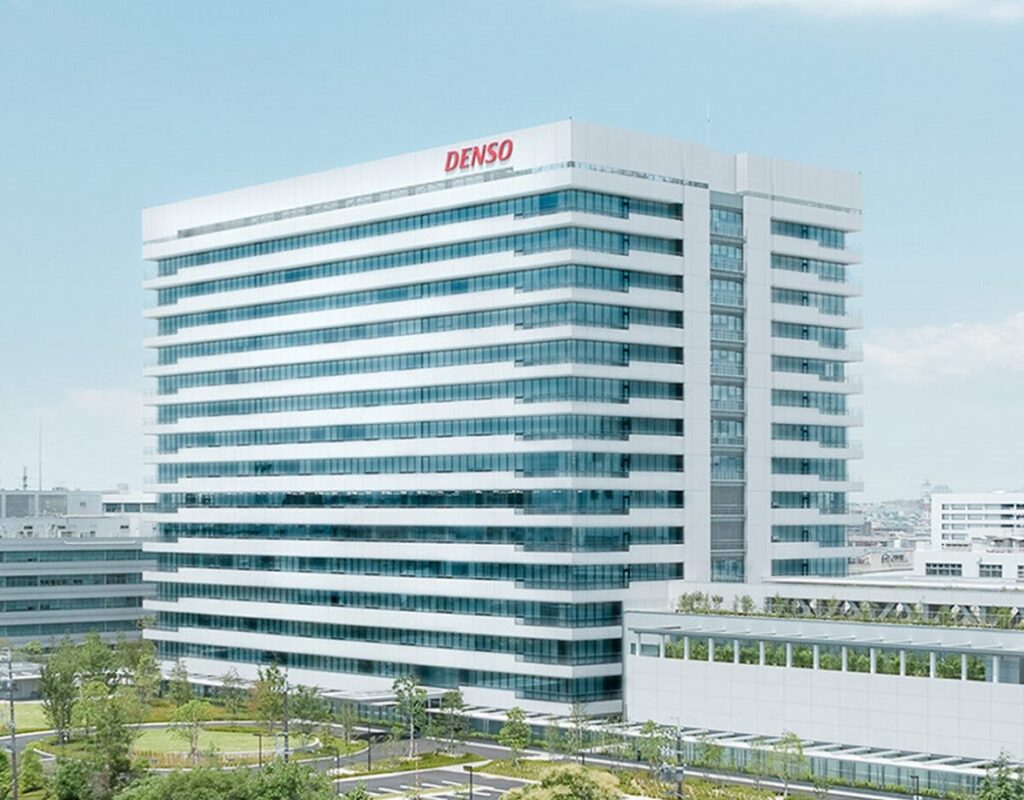Japan’s Ministry of Economy, Trade, and Industry (METI) has recently committed to providing substantial subsidies reaching up to JPY70.5 billion (approximately US$470 million) to Denso Corporation and Fuji Electric Company. Denso, a primary auto components supplier for Toyota Motor Corporation, alongside Fuji Electric, has been selected to receive these financial incentives to bolster their expansion of silicon carbide (SiC) power semiconductor operations. SiC power semiconductors are increasingly vital in the production of electrified vehicles (EVs) and other applications, as they facilitate efficient power supply and consumption. In comparison to traditional silicon semiconductors, SiC components exhibit enhanced performance in conditions characterized by high temperatures, frequencies, and voltages, while also contributing to significant reductions in energy consumption.
The rise in global demand for SiC power semiconductors can be attributed to the growing implementation of decarbonization policies by governments worldwide, which have prompted a shift towards green and sustainable technologies. Recognizing the importance of establishing a robust supply chain for these advanced semiconductors, the Japanese government’s subsidies are designed to develop and strengthen the frameworks needed for the domestic production of SiC components. The collective investments by Denso and Fuji Electric are projected to total JPY211.6 billion (around US$1.4 billion), with the completion of operations anticipated in the first half of 2027.
As part of its expansion plans, Denso aims to enhance its existing facilities for the production of substrates tailored for next-generation SiC power semiconductors. Specifically, the company will boost operations at its current site in Kota, located in Aichi Prefecture, to produce epitaxial wafers. Additionally, Denso is set to establish new facilities in Daian, in the adjacent Mie Prefecture, dedicated to the manufacture of SiC wafers. This strategic move reflects the company’s commitment to keeping pace with the surging demand for high-performance semiconductor components necessary for modern electric vehicles.
Similarly, Fuji Electric has outlined its plans to expand its manufacturing capabilities with enhancements to its plant based in Matsumoto, Nagano Prefecture. The company intends to focus on the production of SiC epitaxial wafers and various SiC power semiconductors. In a public statement, Fuji Electric emphasized that through this collaboration with Denso, both companies are dedicated to strengthening the semiconductor supply landscape within Japan, which in turn is expected to bolster the international competitiveness of the nation’s semiconductor and automotive sectors.
The financial support from METI not only exemplifies the Japanese government’s proactive approach to fostering innovation in the semiconductor industry but also highlights its broader objectives of achieving sustainable economic growth through advanced technological development. As electric vehicles become more mainstream, investing in high-performance power semiconductor capabilities is crucial for meeting demands and regulatory requirements related to environmental sustainability.
The collaboration between Denso and Fuji Electric, supported by government subsidies, is thus indicative of a strategic alignment of interests aimed at ensuring Japan maintains a competitive edge in the global semiconductor market. The initiatives taken by both companies, aligned with the government’s initiatives, will likely invigorate domestic production capacity, enhance technological innovation, and accelerate the deployment of electrification strategies across multiple sectors, thereby reinforcing Japan’s commitment to sustainable development and energy efficiency.

